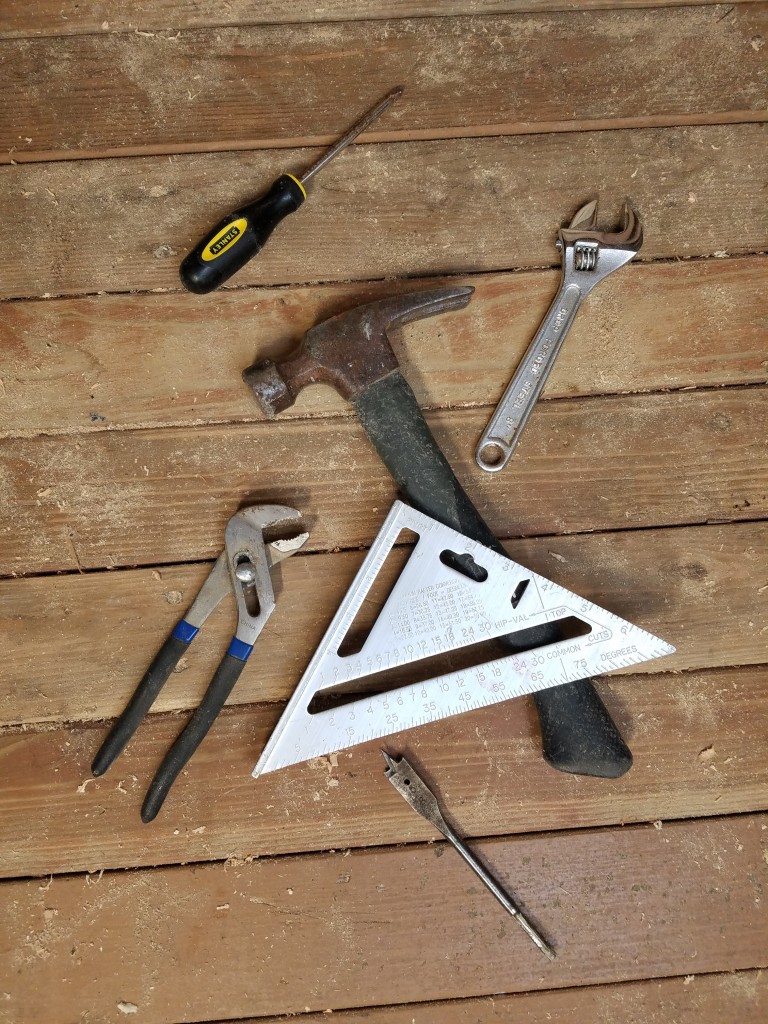
This is a sponsored post.
Owning a home is a wonderful feeling – and it is also an incredible amount of work. The maintenance on a home is constant, with something always in need of update, upkeep or repair. After 16 years of home ownership and renovations, I’ve learned a lot about how to deal with the never-ending repairs and upgrades.
Know What You’re Getting Into
There’s a lot to consider when buying a home, including the age of the house and its current state of affairs. Obviously, an older fixer-upper is going to need the most work, but even brand new homes come with a surprising amount of work right out of the gate. Review your home inspection carefully and learn everything you can about the property. You can’t anticipate everything, but you can often get a sense of what might need work down the line.
Be Prepared to Problem-Solve
One major difference between renting and owning is that when something breaks, there’s no landlord to call – it’s all you, baby! And Murphy’s Law always seems to dictate that a pipe will burst at 8PM on a Saturday night. “Expect the unexpected” is the name of the game, so it pays to be resourceful and learn as much about doing your own home maintenance and repair work as possible. A good set of tools can be an amazing investment if you learn how to use them – doing your own minor fixes can save a huge amount of money. You don’t have to be a dyed-in-the-wool handyman, either: You’d be amazed how much you can do on your own just by doing a little Googling. For example, Jai figured out how to repair our furnace years ago just by watching a YouTube video! Not everyone can or should be that ambitious, of course, but it’s empowering to solve little home dilemmas and rewarding to learn new skills.
Know When to Call a Pro
Doing a bit of home maintenance is one thing, but major work needs to be left to the professionals. Don’t get in over your head and try to tackle anything you’re not confident in – you don’t want to take any risks, and every area has different rules and city codes about obtaining permits. Electrical work, plumbing, anything to do with your foundation – all of these things require a professional. And for heaven’s sake, don’t break your neck trying to climb up on the roof – hire someone like Westchase Roofing instead!
Keep a Sense of Humor
Home ownership can be very stressful, especially when something breaks unexpectedly or you are slogging through a big home renovation. When your home is torn up with construction, it can feel very suffocating as well as extremely inconvenient – and expensive! Remember to take a step back, breathe, and remember that this too shall pass. When an obnoxious home disaster strikes, do your best to hang on to your sense of humor and remember that this is all an unavoidable part of owning your own home. The wacky misadventures that occur will someday be funny memories made in your home!












